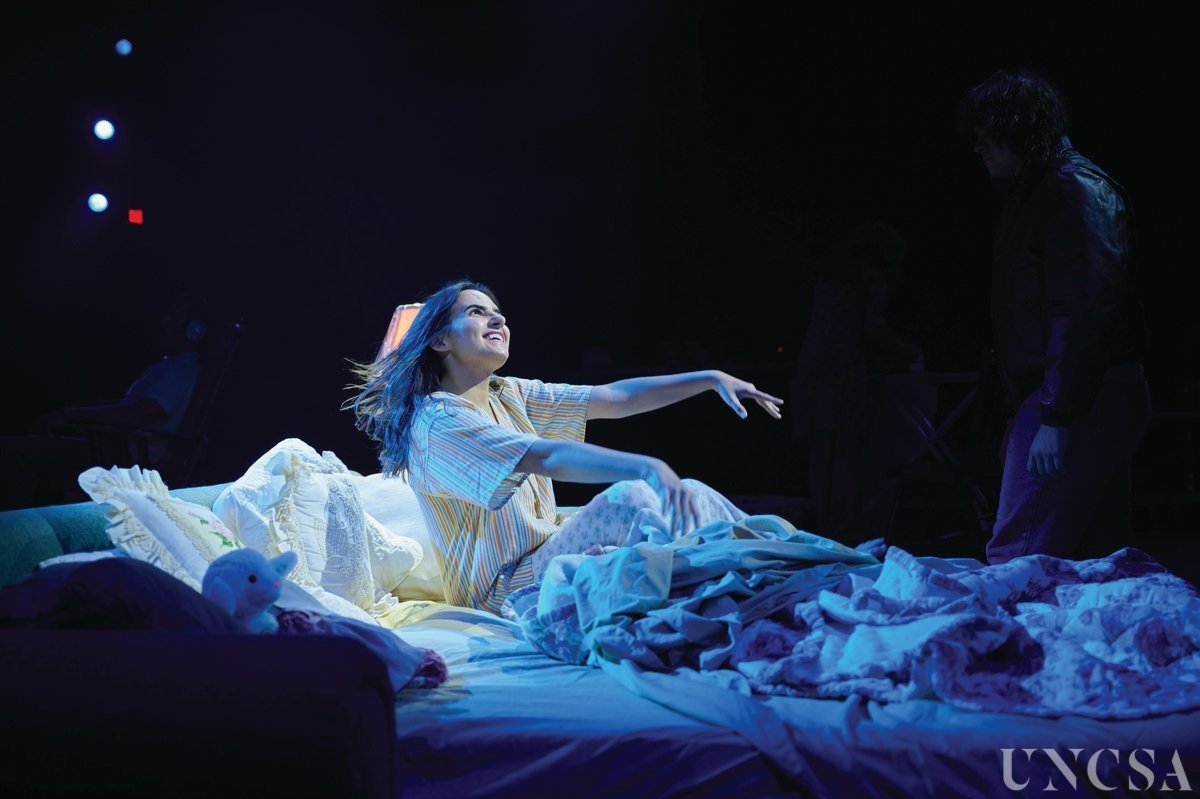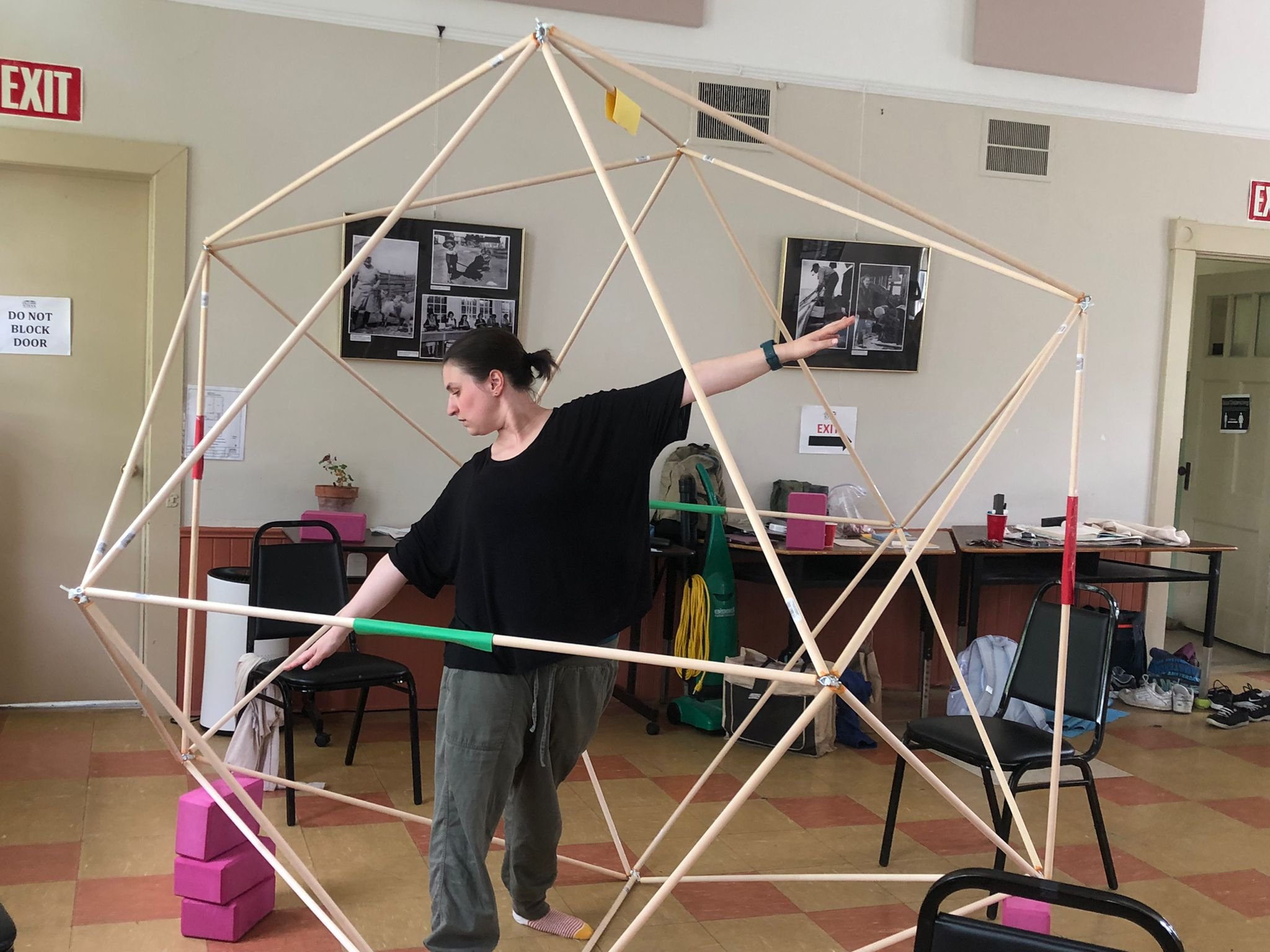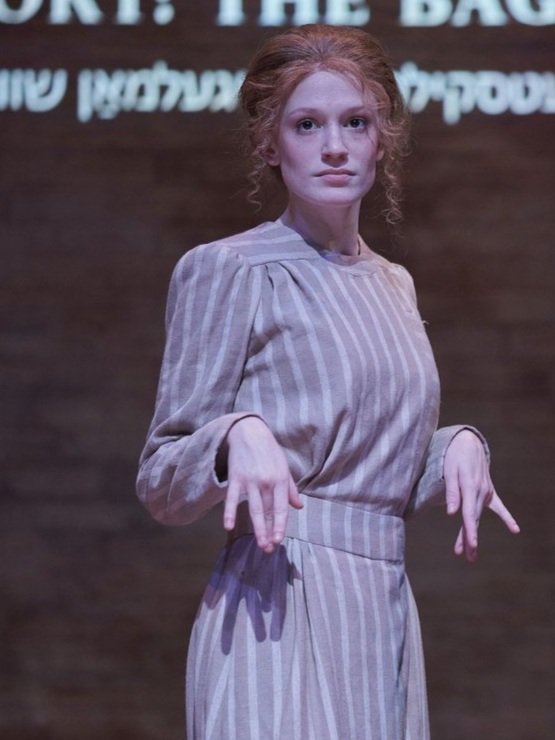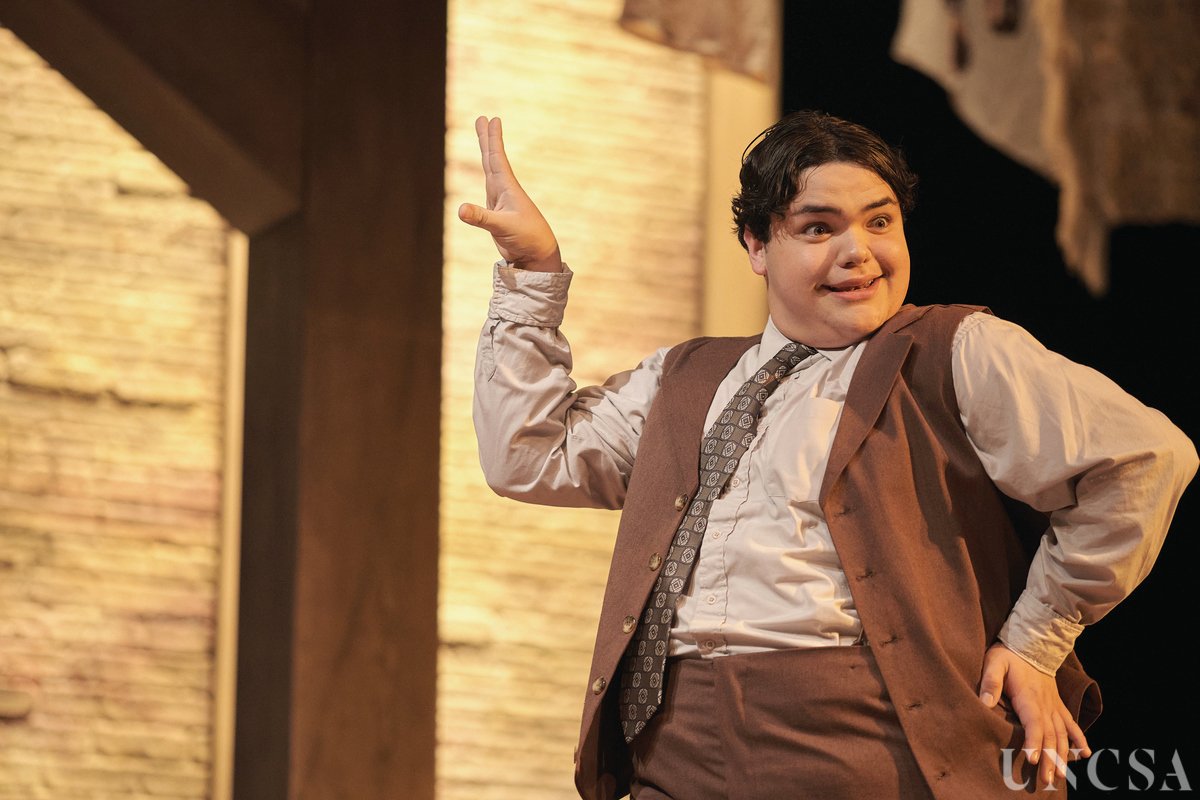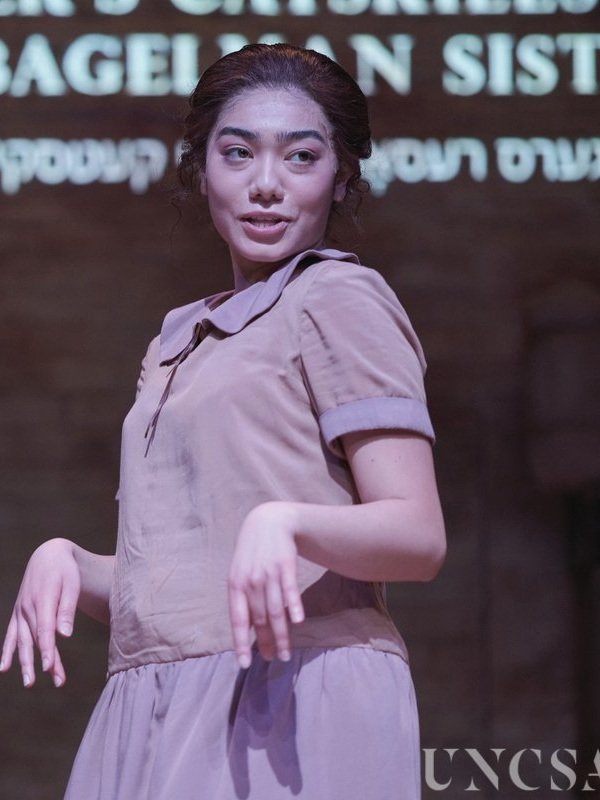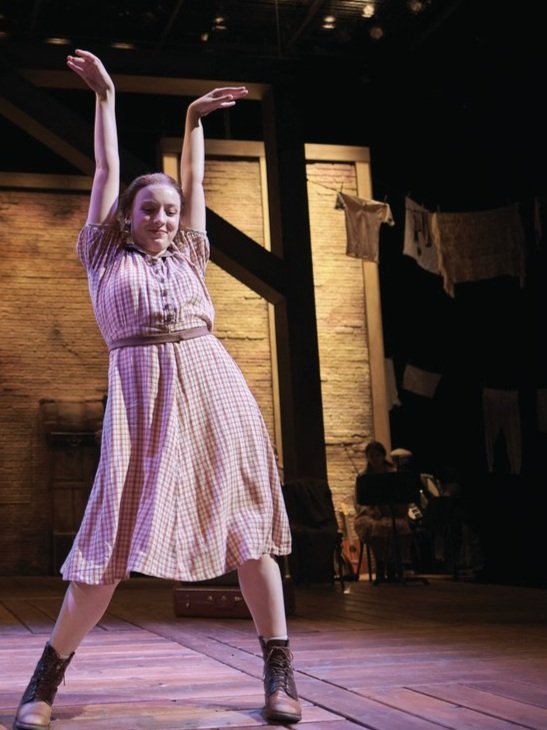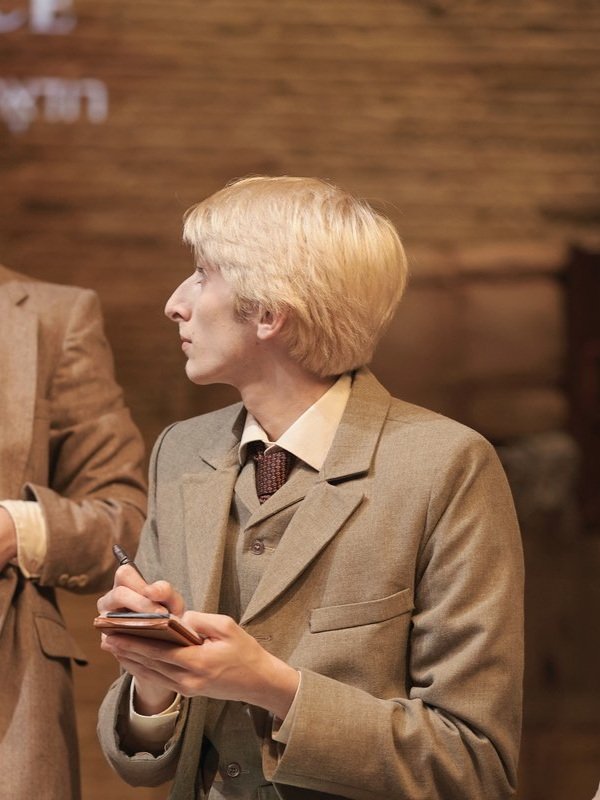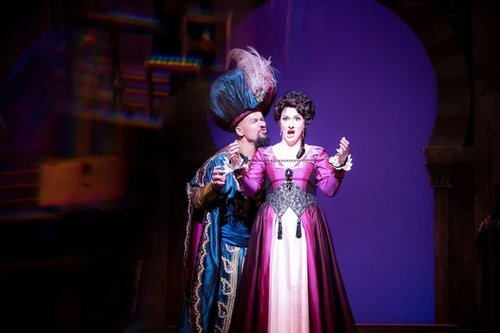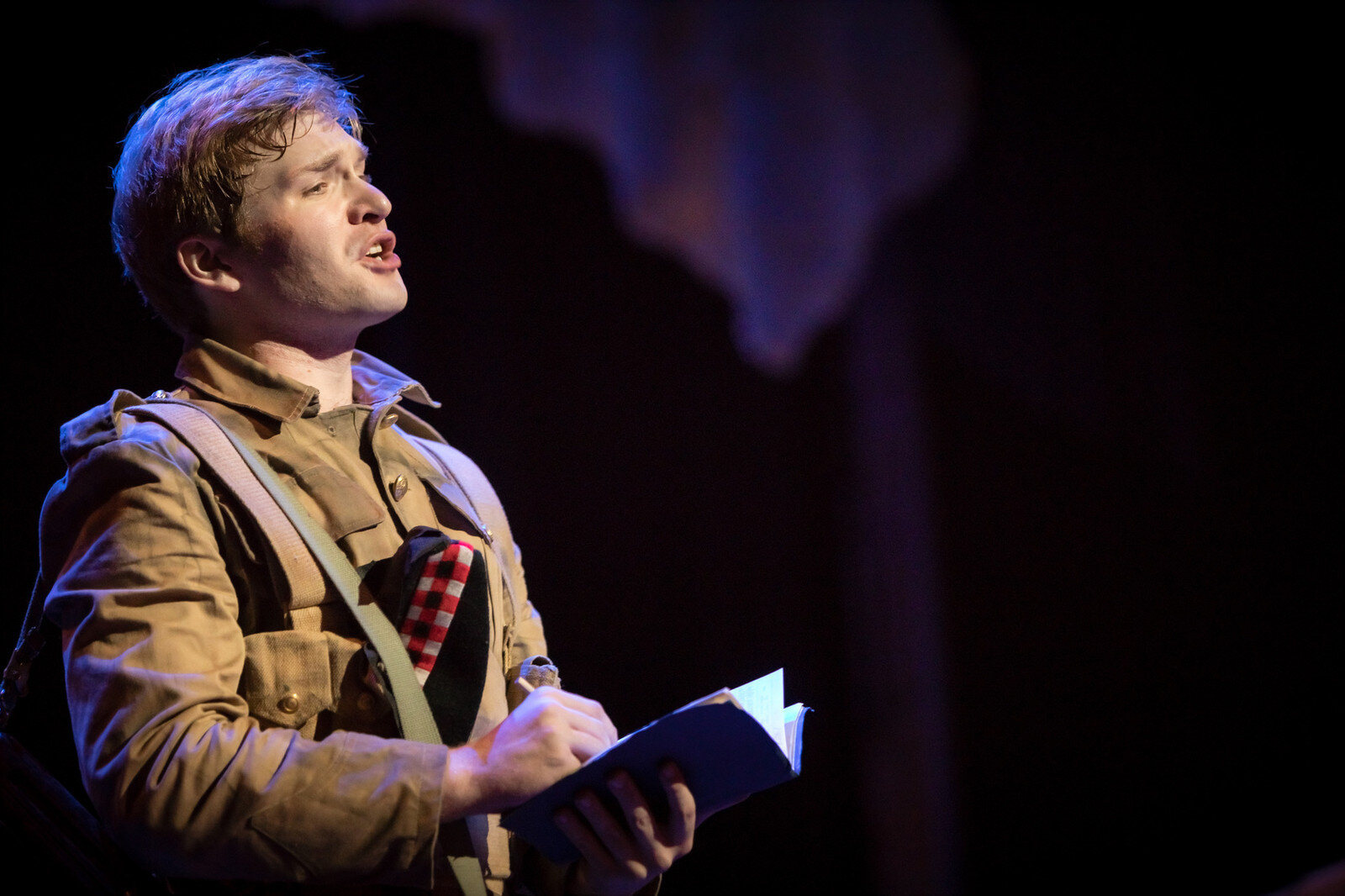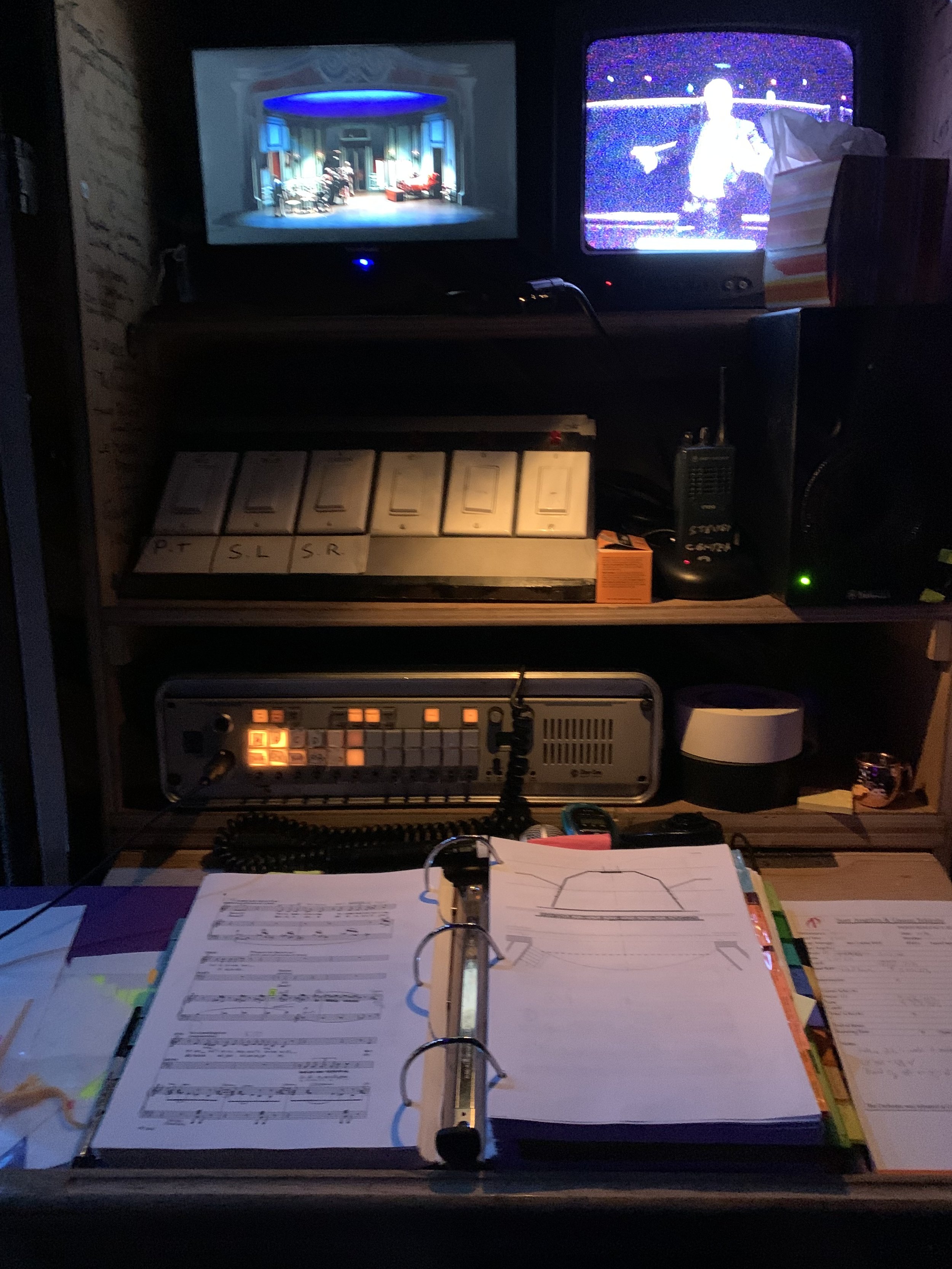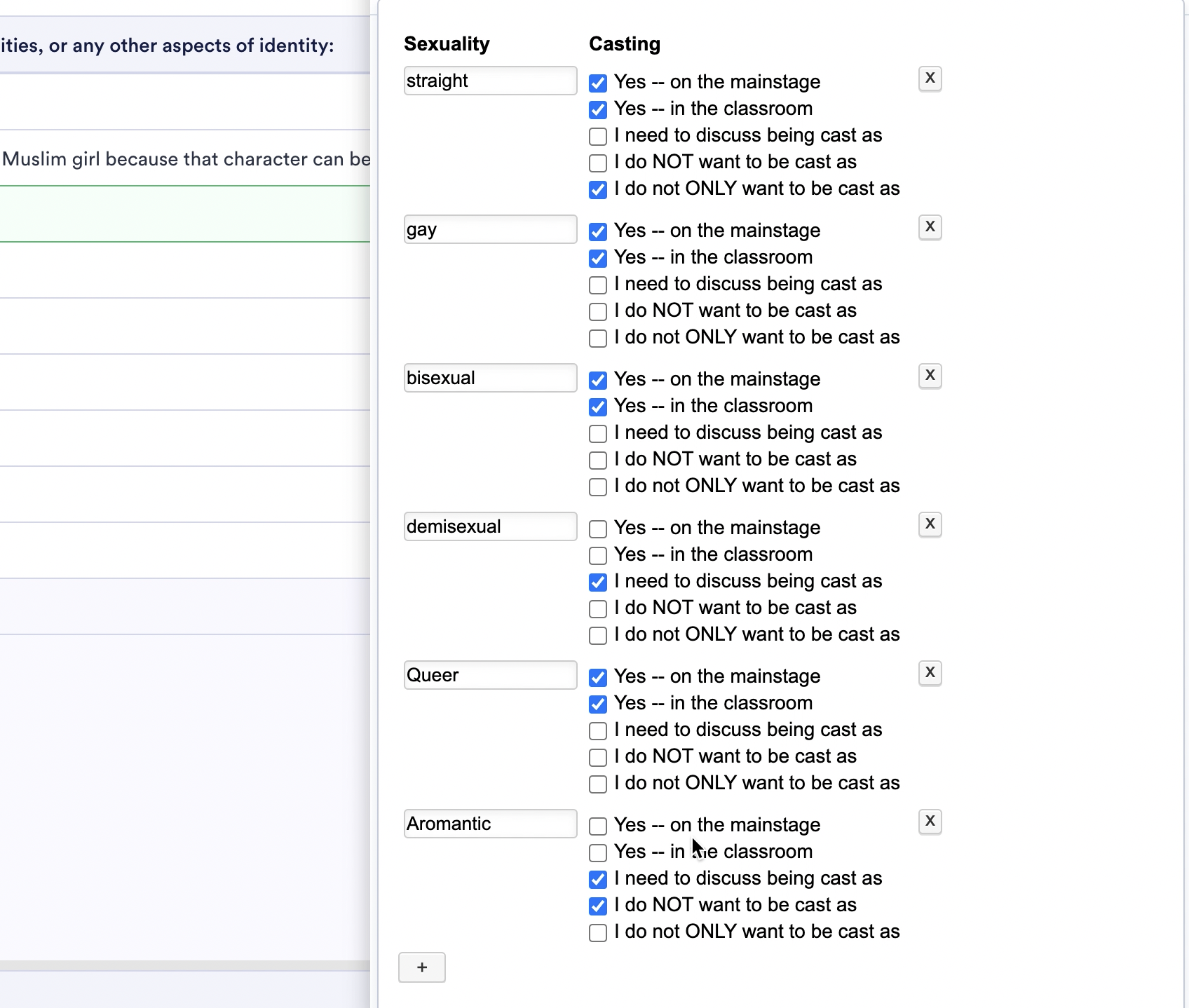Teaching
I spend most days in a classroom, until recently at the University of North Carolina School of the Arts School of Drama. There I taught all levels, from the youngest students in the 12th grade high school program to fourth year BFA students on their way into their professional lives. I have also taught stage management students in the school of Design and Production and I mentored students in both undergraduate and graduate programs through my role in ArtistCorps. Beyond UNCSA, I have taught for the Hangar Theatre, E15, and Performance Preparation Academy. Now I am on the faculty at Rutgers University’s Mason Gross School of the Arts, where I teach on the BFA acting program, teaching students across all four years of training.
My classes cover a wide range of subjects: voice, speech, accents and dialects, text and verse, embodied anatomy, vocal health, vocal extremity, developing an autonomous practice, and applying all of these concepts to professional work along the way. For several years, my class load has included co-teaching a first year acting class for exactly this last purpose. In addition, I also teach Laban/Bartenieff Movement Concepts.
My classroom strives to acknowledge the artist as a human being as well as a professional in training. Therefore, I try to examine content critically and in historical context — including the students when it would not be burdensome to them. The human body is celebrated whenever possible in all potential forms and configurations, as is the human voice. I use descriptive models of speech training and try to frame voice work as a life-long practice, not one of “quick fixes.”
Reflection, autonomy, and sustainability are key words in my classroom, no matter the content. My goal as a teacher is for my students to outgrow me… or at least to save themselves as much money and as many doctor’s visits as they can once they are out of school.




























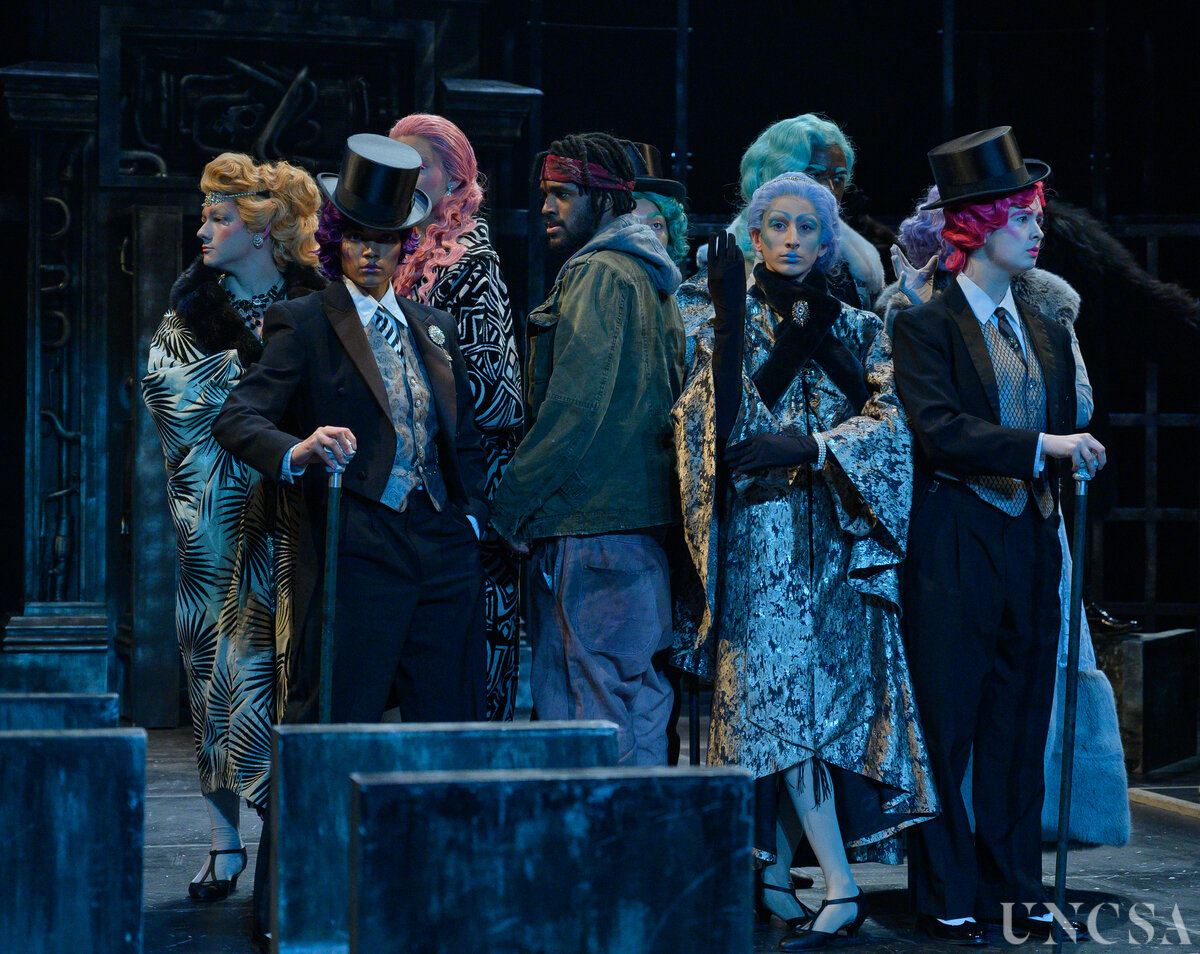






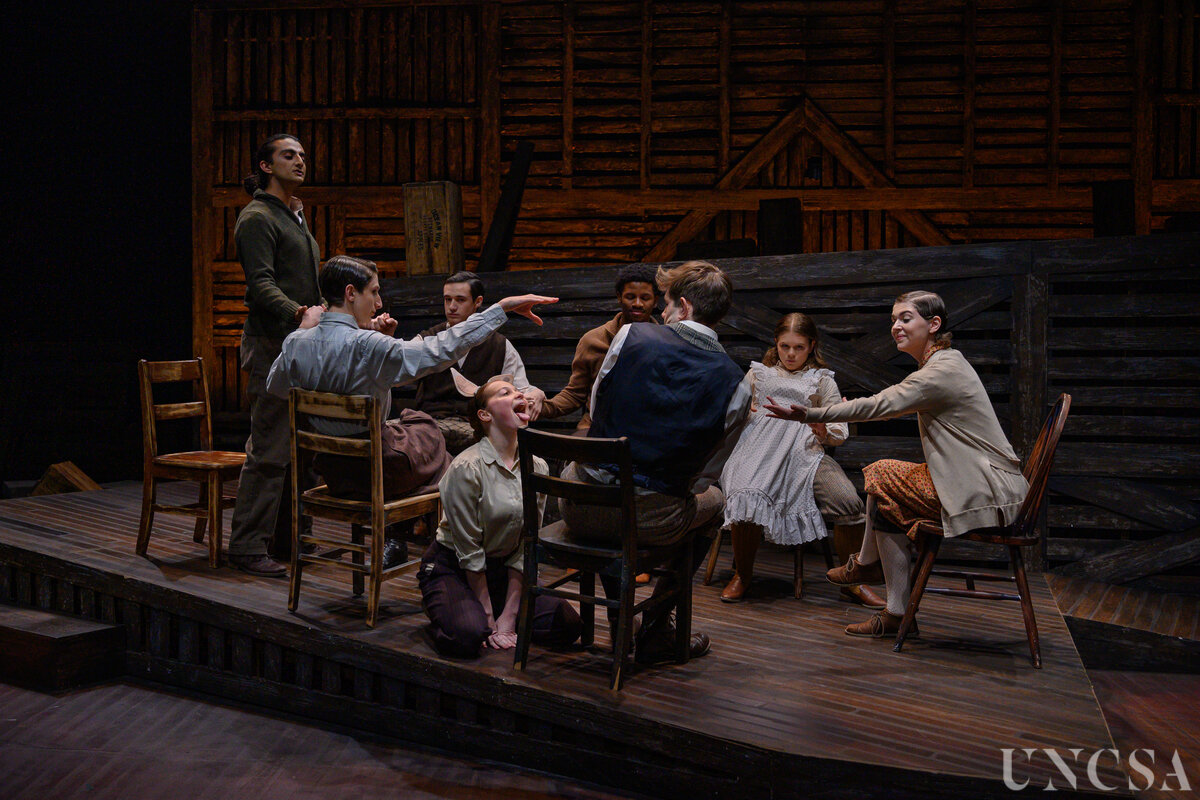
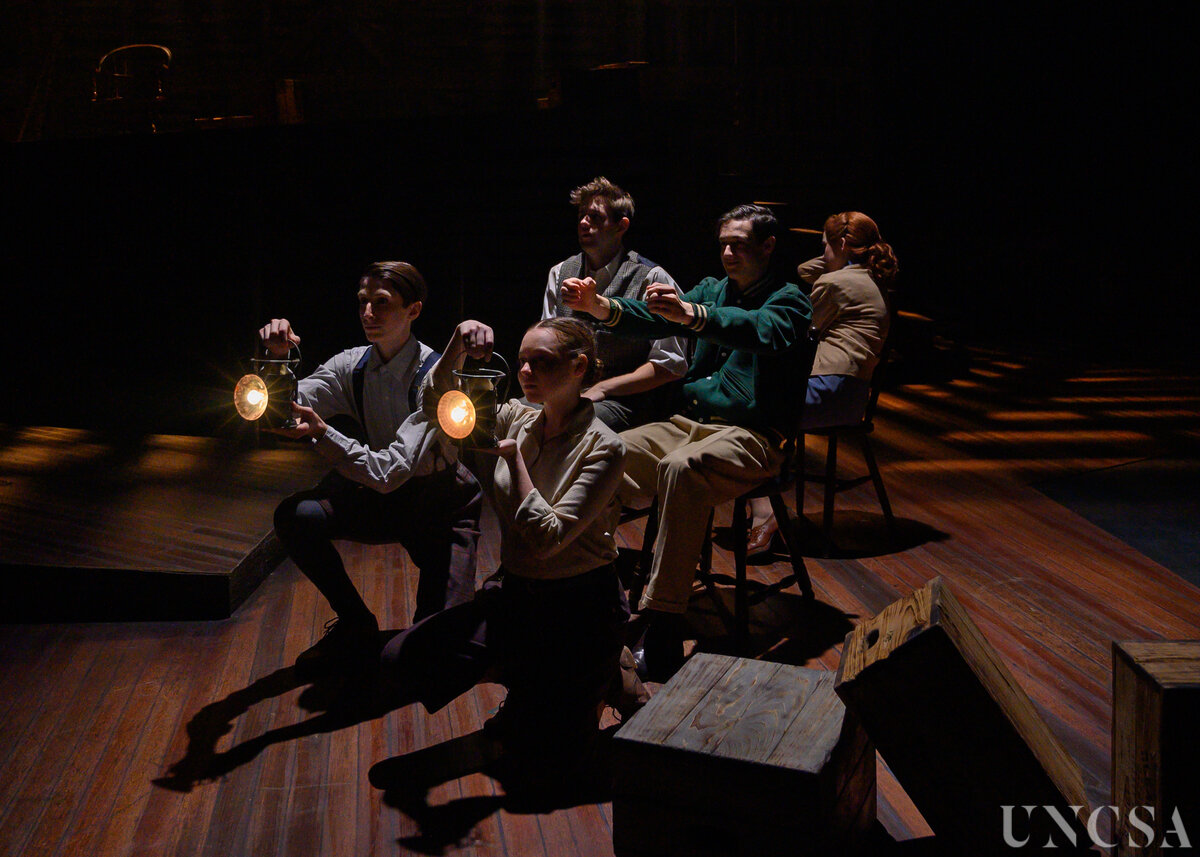






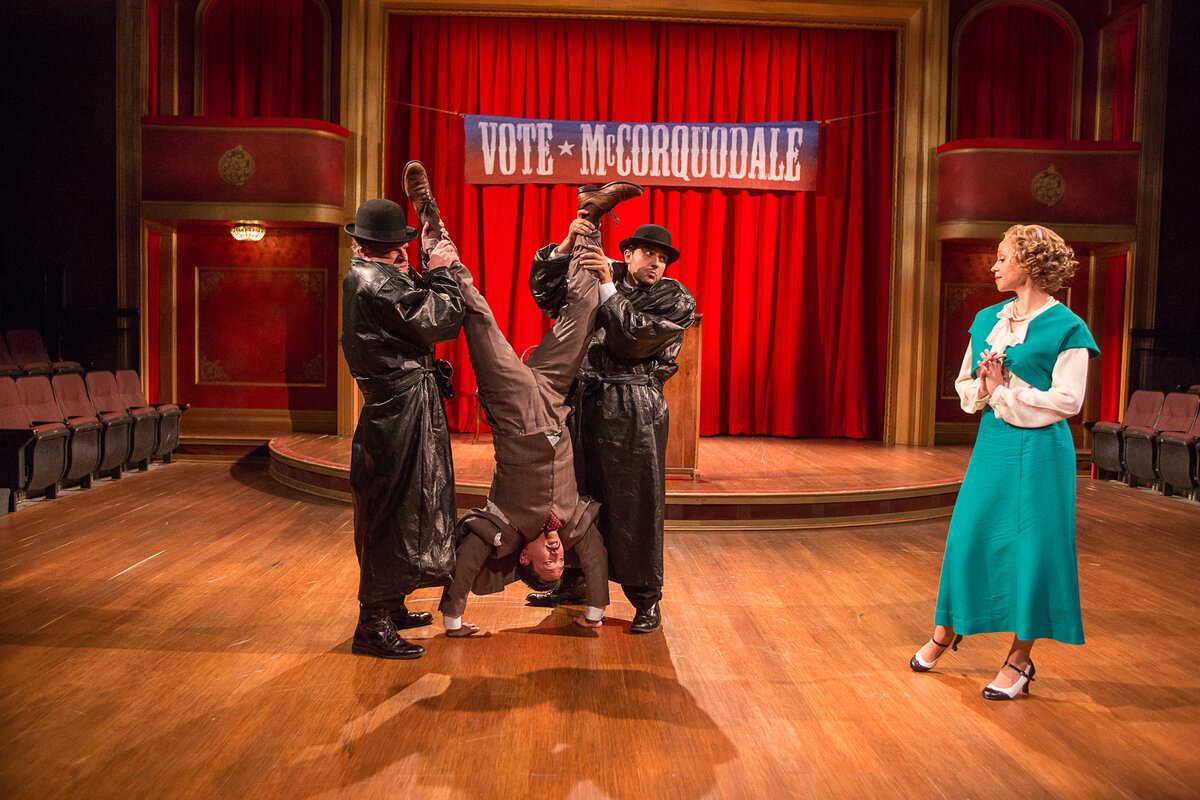
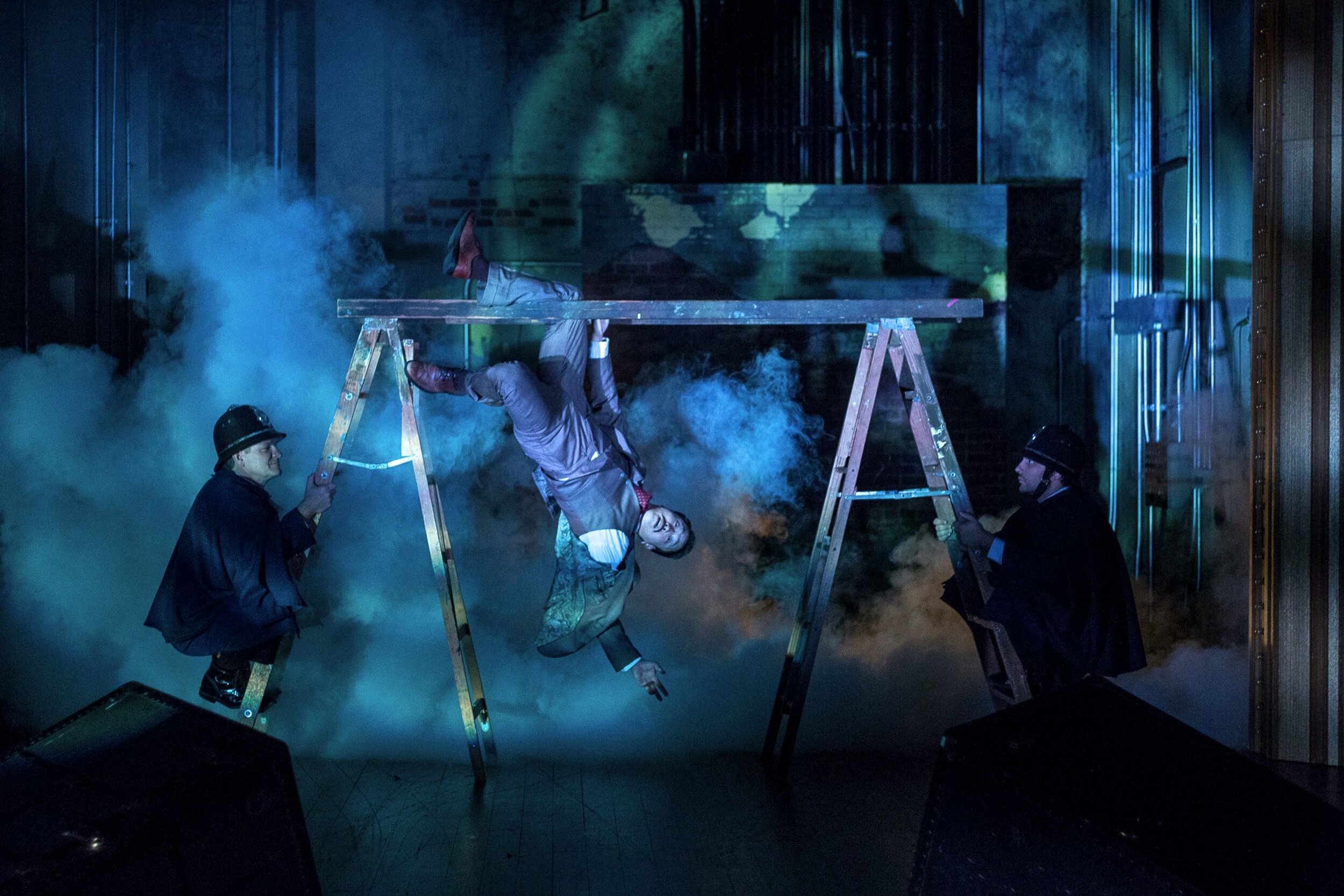
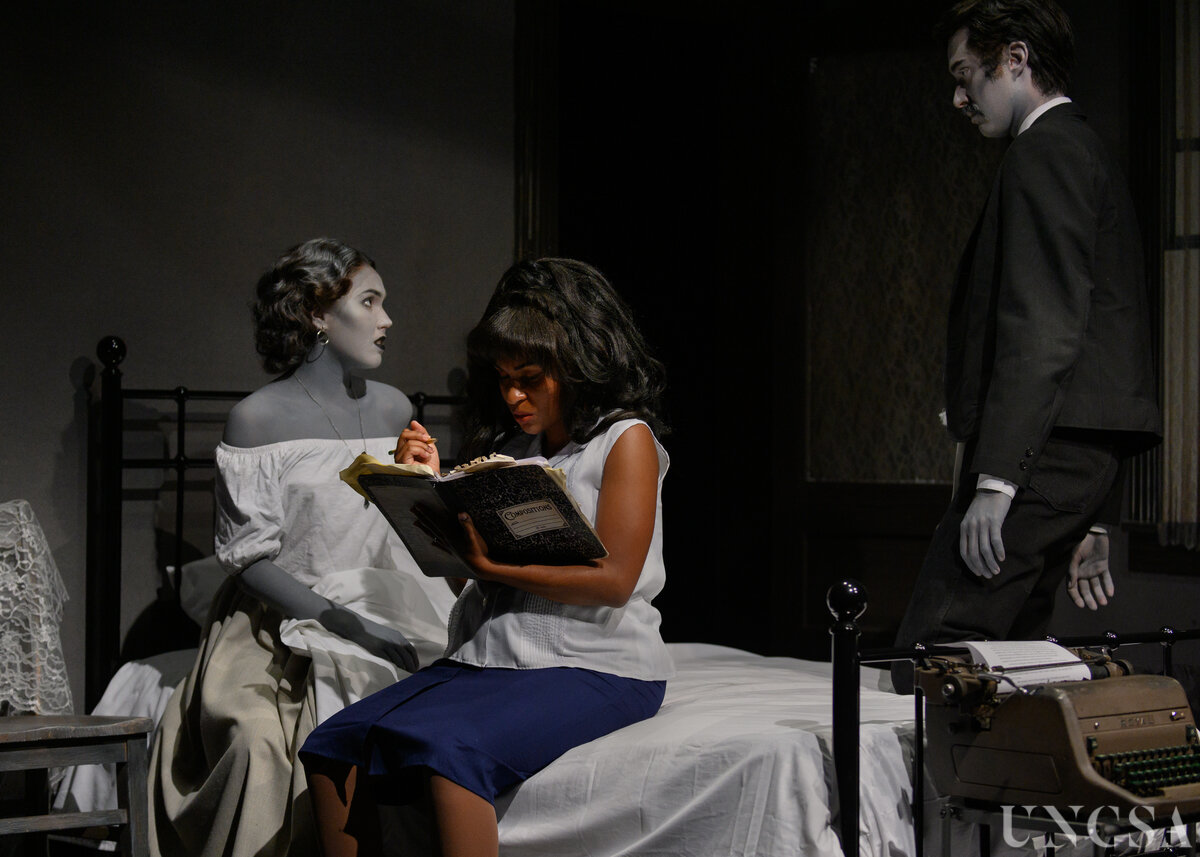

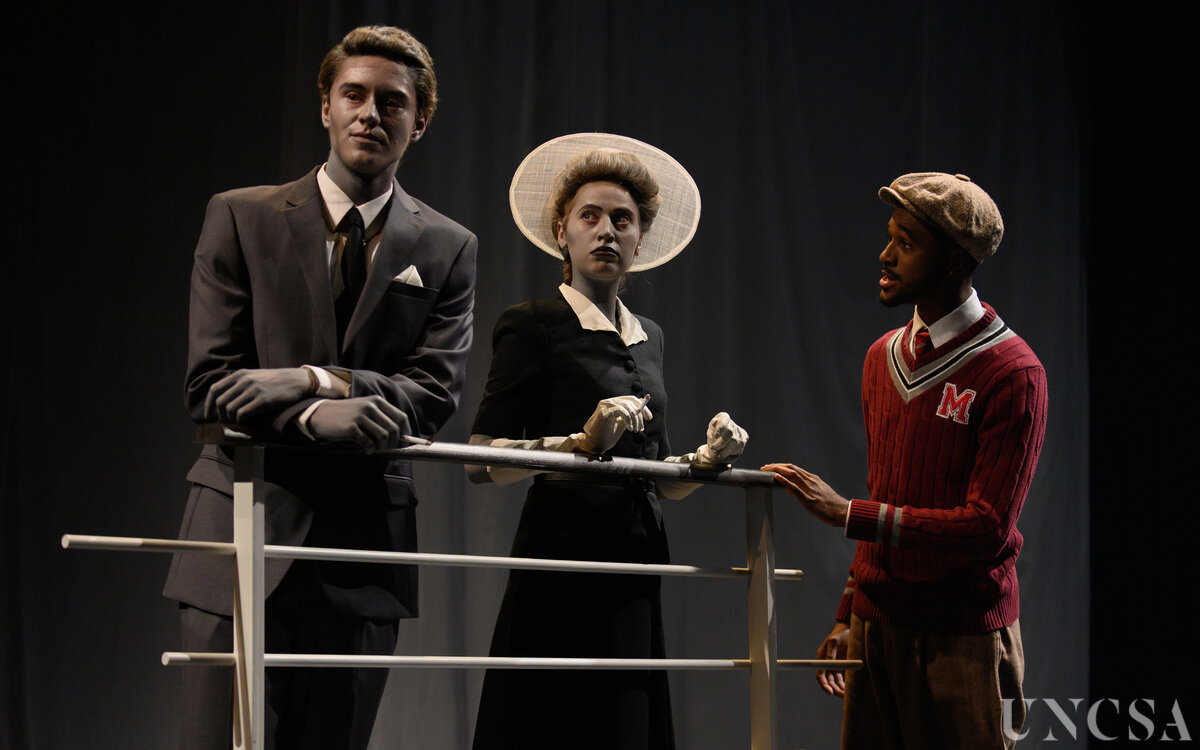





![Henry V, UNCSA [Radio Play]](https://images.squarespace-cdn.com/content/v1/55eccae2e4b0365de56669c8/1631995457071-T2EUW33P45LHAH4G26ZS/FBE2F23A-2620-45FD-91DD-1E259404A4B3_1_201_a.jpg)


















